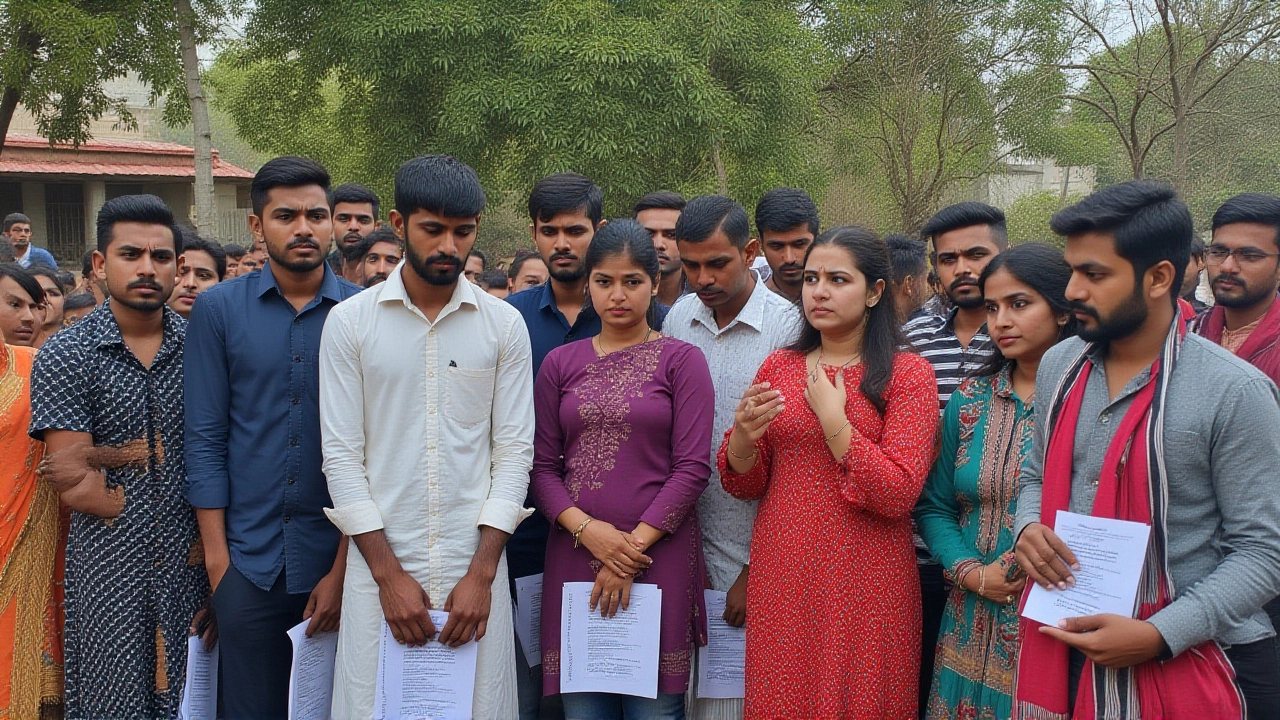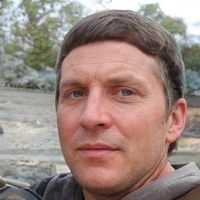The Bihar School Examination Board has officially released the results of the DElEd Joint Entrance Examination 2025Bihar, with 2,55,468 out of 3,23,313 candidates clearing the exam — a pass rate of 79.02%. The announcement, made on November 27, 2024, at the BSEB headquarters in Patna, marks a pivotal moment for thousands of aspirants vying for just 30,800 seats in teacher training colleges across the state. The result isn’t just a number; it’s a gateway to thousands of primary school teaching jobs — and a signal that Bihar’s education system is bracing for a major influx of new educators.
Who Qualified and Where?
Of the 2,55,468 successful candidates, a staggering 2,54,443 are from Bihar itself, while 1,025 came from other Indian states — a sign that the DElEd program’s reputation is spreading beyond state borders. The exam, conducted entirely online across 19 test centers in nine districts, ran in two phases: August 26 to September 13, and September 14 to September 27, 2025. Admit cards were issued on August 20, and the answer key dropped on October 11, giving candidates a transparent window to challenge responses. No negative marking meant test-takers could attempt every question — a decision that likely boosted participation and pass rates.
The exam itself was straightforward: 120 multiple-choice questions, each worth one mark, with a 150-minute time limit. The qualifying threshold? 35% for unreserved categories and 30% for SC, ST, OBC, and EWS candidates — aligning with Bihar’s reservation policy. That lower cutoff for reserved categories isn’t just policy — it’s practical. In rural Bihar, where access to quality coaching is uneven, these thresholds ensure the system doesn’t exclude promising candidates from marginalized communities.
The Road to Teaching: Admissions Begin Soon
Qualifying is only half the battle. Now, candidates must compete for 30,800 seats across 306 DElEd institutes — 60 government-run and 246 private. That’s roughly 8.3 applicants per seat. The admission process kicks off on November 29, 2025, and runs through December 5, 2025, via the official portal bsebdeled.com. A detailed counseling notification, released on November 28, will guide applicants through selecting their preferred colleges. Seats will be allocated strictly by merit, reservation category, and choice preference — no backdoor entries, no favoritism, according to BSEB Chairperson Anand Kishor.
“We’ve ensured the process is digital, transparent, and fair,” Kishor said during the results ceremony. “The government has invested heavily in these institutions. Now, we’re placing trust in the candidates to make responsible choices.”
Government colleges offer 9,100 seats — a fraction of the total — and are highly sought after due to lower fees and stronger infrastructure. Private institutes, meanwhile, account for 21,700 seats but come with higher fees. Still, for many rural students, even a private seat is a lifeline. One candidate from Gaya told reporters, “I didn’t get into a government college last year. This time, I passed with 48%. If I get any seat, I’ll take it. Teaching is my dream.”

Why This Matters Beyond Bihar
The DElEd diploma isn’t just a state credential. It’s recognized across India for teaching in primary (classes I–V) and upper primary (VI–VIII) schools. Successful graduates become eligible to sit for the Teacher Eligibility Test (TET)Bihar — and later, the Central TET (CTET). That opens doors to teaching positions not just in Bihar, but in neighboring states like Jharkhand, Uttar Pradesh, and even central government schools under the Kendriya Vidyalaya system.
With an estimated 24,000 primary teacher vacancies across three states, the DElEd results aren’t just about admissions — they’re about filling a critical gap. Bihar alone has over 1.2 million students in primary schools. Many classrooms still operate with one teacher for 60+ children. The state needs quality educators, not just bodies.
What’s Next? STET and Sakshamta Results Coming
While DElEd candidates celebrate, others wait. The STET (School Teacher Eligibility Test)Bihar, held just days ago on November 16, 2025, will have its results announced in the second week of December 2025 — alongside the fourth phase of the Sakshamta Examination. STET is mandatory for candidates aiming to teach at the upper primary level (VI–VIII), making it the natural next step for many DElEd graduates.
“It’s a cascade,” says Dr. Neelam Singh, a former SCERT advisor. “DElEd gets you into training. STET gets you certified. CTET gets you into central schools. Each step filters, but each also expands opportunity.”

Background: The DElEd Lifeline
The DElEd program has been Bihar’s primary pipeline for primary school teachers since the early 2000s. Before its expansion, many rural schools relied on untrained staff. Today, the state mandates DElEd or B.Ed for all government primary hires. The 2025 batch is the largest yet — and perhaps the most competitive. With digital infrastructure improving and coaching centers multiplying in district towns, more students than ever are preparing seriously.
Still, challenges remain. Many private institutes lack trained faculty. Some students report delays in receiving study materials. And while the pass rate is high, the real test comes after — the classroom.
Frequently Asked Questions
How can I check my DElEd 2025 result?
Visit bsebdeled.com, click on the result link, and enter your Application ID and date of birth. Your scorecard will display your total marks, percentile, category rank, and qualifying status. Download and print it immediately — you’ll need it for counseling and future applications.
What if I scored just above the cutoff? Will I get a seat?
It depends. With 2.55 lakh candidates competing for 30,800 seats, even a score slightly above 35% doesn’t guarantee admission. Top government colleges fill quickly. Candidates with scores above 80% have the best shot. Those near the cutoff should apply broadly, including private institutes, and be ready to accept any available seat during counseling.
Can candidates from other states apply for Bihar DElEd seats?
Yes, but only 1,025 out of 2.55 lakh qualifiers were from outside Bihar — less than 0.4%. Most seats are reserved for state residents under Bihar’s domicile policy. Non-Bihari candidates compete only for the remaining seats, and their admission is strictly merit-based, with no reservation benefits.
What happens after I complete the DElEd program?
Graduates become eligible to appear for STET and CTET. Passing these exams qualifies them to apply for government primary teacher positions in Bihar and other states. Many also join private schools, NGOs, or coaching centers. Some pursue B.Ed later for higher secondary teaching roles. The DElEd diploma is the foundational step — not the end.
Why is the pass rate so high this year?
Several factors: the absence of negative marking encouraged more attempts, coaching centers have expanded significantly in rural areas, and the state government launched free online prep modules through the BSEB portal. Also, many candidates retake the exam — last year’s pass rate was 76.8%. This year’s rise reflects both better preparation and a more accessible exam design.
Are there any concerns about the quality of private DElEd institutes?
Yes. While 246 private institutes offer 21,700 seats, many lack trained faculty, libraries, or teaching practice facilities. SCERT and BSEB have pledged to inspect them before admissions, but enforcement remains uneven. Candidates are advised to verify recognition status on the BSEB website and avoid unapproved centers — a bad institute can delay or derail a teaching career.

